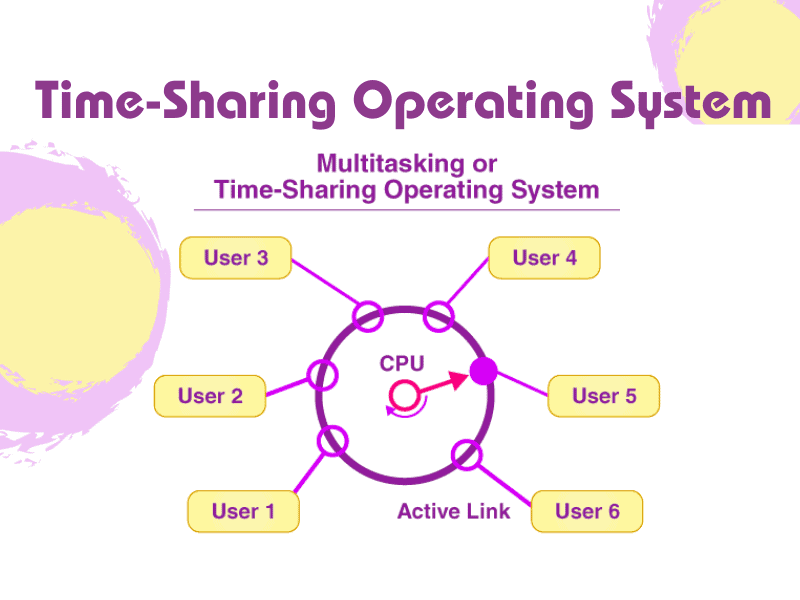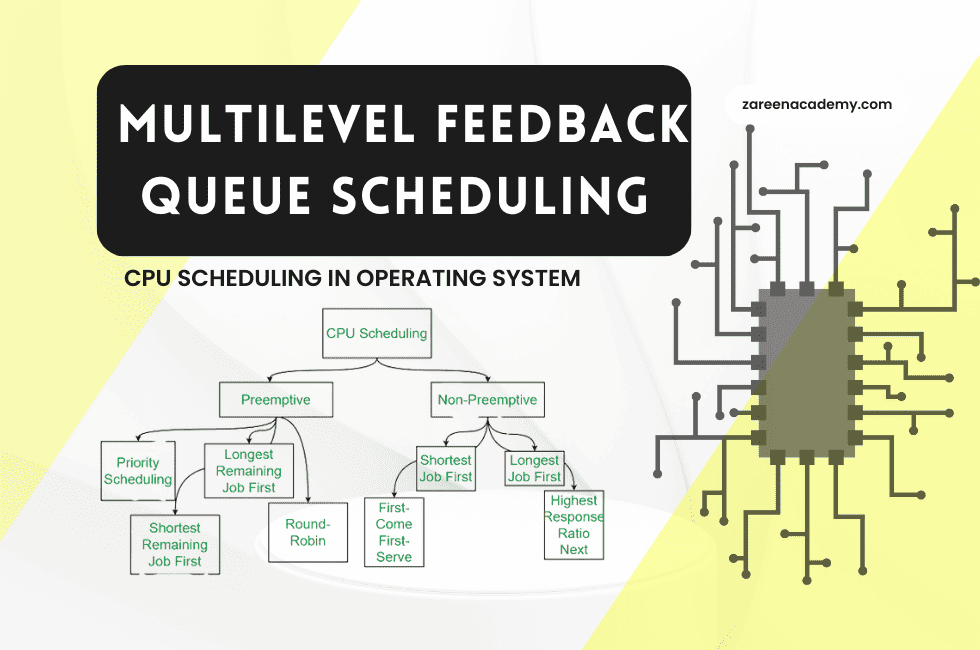Introduction to lottery scheduling in operating system
Lottery Scheduling in Operating System is a fascinating topic that plays a crucial role in managing processes efficiently. In this article, we will explore this scheduling algorithm, providing you with a comprehensive understanding of its operation, its advantages, and its real-world applications. Buckle up as we take you on a journey through the world of Lottery Scheduling.
Understanding Lottery Scheduling
What is Lottery Scheduling?
Lottery Scheduling is a probabilistic scheduling algorithm used in operating systems. Unlike traditional scheduling algorithms like Round Robin or First-Come-First-Serve, Lottery Scheduling allocates CPU time to processes based on the luck of the draw. Each process is assigned a certain number of lottery tickets, and the scheduler randomly selects a ticket to determine the next process to run.
How Does It Work?
Imagine you’re in a raffle, and the more tickets you have, the better your chances of winning. In Lottery Scheduling, processes with more lottery tickets have a higher probability of getting CPU time. This approach ensures fairness and prevents any single process from monopolizing the CPU.
Lottery-scheduling is a probabilistic CPU scheduling algorithm used in operating systems to allocate CPU time to processes or threads. It is based on the concept of a lottery, where each process is assigned a certain number of lottery tickets. The more tickets a process holds, the higher its chances of being selected for execution. Here’s how lottery-scheduling works:
Ticket Assignment: Each process in the system is assigned a number of lottery tickets. The number of tickets assigned to a process can be proportional to its priority, importance, or other relevant factors. For example, a high-priority process might be assigned more tickets than a low-priority process.
Random Selection: When it’s time to select the next process to execute, the scheduler generates a random number. The process with a ticket matching that random number is selected for execution. The random selection ensures that processes have a fair chance of being chosen, with the likelihood proportional to the number of tickets they hold.
Fairness and Probability: Lottery scheduling inherently provides fairness and allows for a probabilistic approach to CPU allocation. Processes with more tickets are more likely to be chosen, but there is still a chance for processes with fewer tickets to be selected.
Dynamic Ticket Adjustment: The number of tickets assigned to a process can change dynamically based on various factors, such as process priority adjustments or resource requirements. For example, a process may receive more tickets if it becomes more important or is experiencing resource contention.
Preemption: Lottery-scheduling can support preemption by reassigning tickets. If a process is performing poorly or misbehaving, the scheduler can reduce its number of tickets, reducing its chances of being selected. Conversely, well-behaved processes can receive additional tickets.
Transparency: Lottery scheduling provides transparency to users and processes regarding their chances of CPU allocation. Processes know their ticket count and can influence their priority by adjusting the number of tickets they hold.
Complexity and Overhead: While lottery-scheduling offers a simple and fair approach to CPU allocation, it can be computationally expensive, especially when a large number of processes hold many tickets. Generating random numbers and selecting processes can introduce overhead.
Deterministic Behavior: The probabilistic nature of lottery-scheduling can be a drawback in real-time or critical systems where deterministic behavior is required. In such cases, other scheduling algorithms, like priority-based or round-robin scheduling, are more appropriate.
Lottery Ticket Management: Managing the assignment and reallocation of lottery tickets can be complex. Careful design and implementation are needed to ensure that processes are allocated tickets appropriately based on system and user requirements.
Lottery-scheduling is a flexible and fair CPU scheduling algorithm that can be used in various contexts, such as time-sharing systems, parallel computing environments, and even distributed systems. It provides a way to allocate CPU time based on probabilistic principles while allowing for dynamic adjustments to process priorities and resource allocation.
Advantages of Lottery Scheduling
Fairness: One of the most significant advantages of this scheduling algorithm is its inherent fairness. Every process has a chance to run, preventing resource starvation.
Efficiency: Lottery Scheduling ensures that the CPU is utilized optimally, leading to efficient resource management.
Customizable Priority: It allows for customizable priority by assigning more lottery tickets to high-priority processes.
Real-World Applications
Lottery Scheduling in Web Servers
Web servers often use Lottery-Scheduling to manage multiple client requests efficiently. Each client request is treated as a separate process, and the scheduling algorithm ensures that no single client hogs the server’s resources, resulting in smoother user experiences.
Gaming Industry
In the gaming industry, where multiple tasks are running simultaneously, Lottery-Scheduling is used to ensure that each task, such as rendering graphics, handling physics, or managing AI, gets its fair share of CPU time. This leads to seamless and responsive gameplay.
Frequently Asked Questions (FAQs)
What makes Lottery Scheduling unique?
Lottery Scheduling’s uniqueness lies in its probabilistic nature. Instead of following a fixed order, it uses randomness to allocate CPU time, ensuring fairness.
Is Lottery Scheduling suitable for all scenarios?
While it’s great for ensuring fairness and preventing resource starvation, Lottery-Scheduling may not be the best choice for real-time systems, where strict deadlines must be met.
Can processes cheat the system by obtaining more tickets?
In a well-implemented Lottery-Scheduling system, processes can’t cheat, as the number of tickets assigned is controlled by the OS itself.
Does Lottery Scheduling slow down the system due to its randomness?
Not necessarily. The random nature of Lottery-Scheduling can actually improve system performance by preventing situations where one process dominates the CPU.
Is Lottery Scheduling the most widely used scheduling algorithm?
No, it’s not the most widely used algorithm, but it is employed in scenarios where fairness is a top priority.
Are there any alternatives to Lottery Scheduling?
Yes, there are many scheduling algorithms, including Round Robin, First-Come-First-Serve, and Priority Scheduling, each with its own use cases.
Conclusion
Lottery-Scheduling in Operating System is a unique and effective way to manage processes. Its fairness, efficiency, and adaptability make it a valuable choice in various computing scenarios. Understanding this scheduling algorithm can be a valuable asset for system administrators and software developers. So, the next time you encounter Lottery-Scheduling, you’ll know it’s all about giving every process a fair roll of the dice.



0 Comments